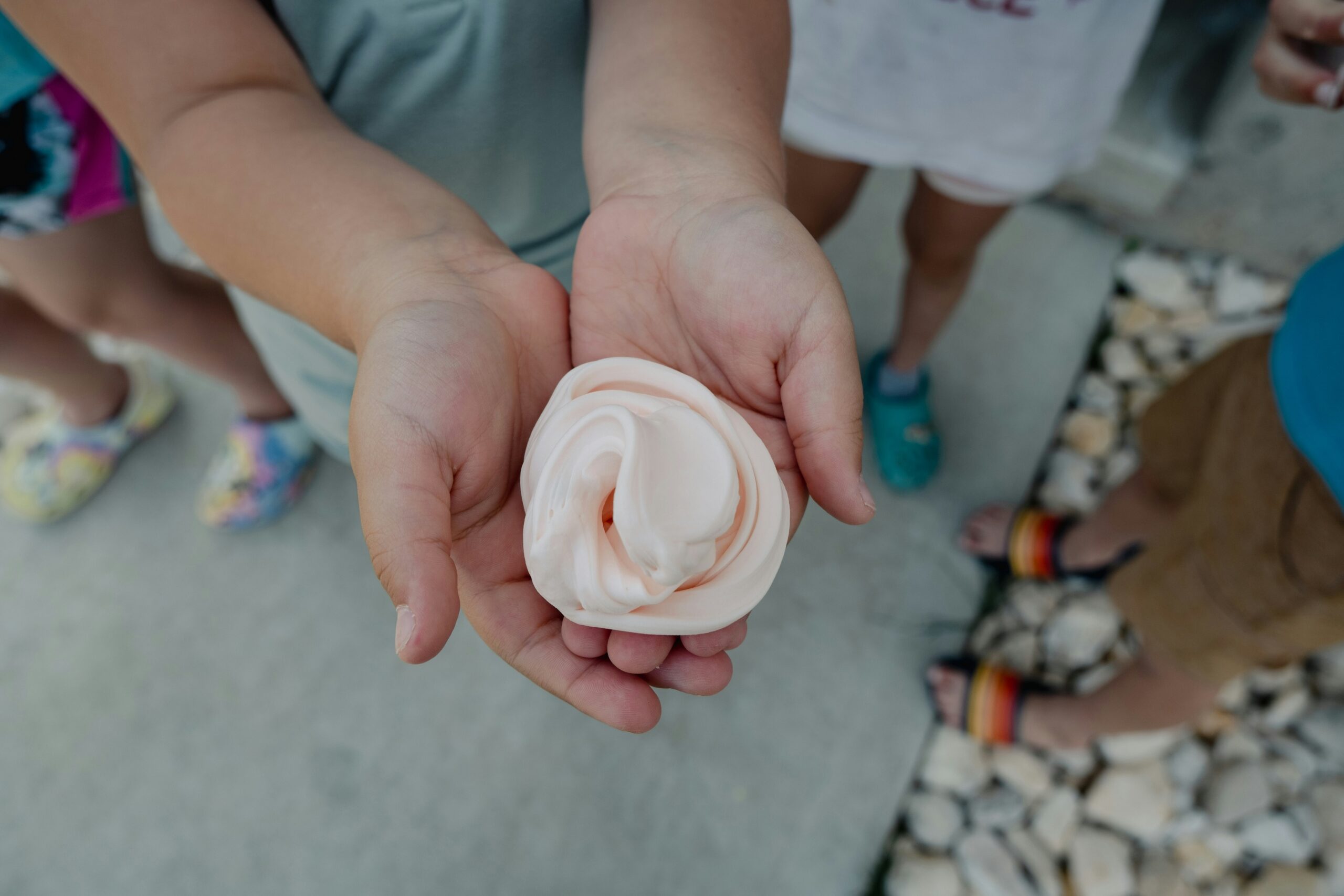
Educational Tech for Parents: Empowering Your Child’s Learning Journey
Edu Tech In an era where technology is integral to education, parents play a crucial role in navigating the landscape of educational technology (EdTech). With
Incorporating music into playtime with children can significantly enhance their development while creating joyful bonding experiences.
Thank you for reading this post, don't forget to subscribe!Here are several effective ways parents can integrate music into their playtime activities:
Establish a home filled with various musical genres. Regularly play different styles of music, from classical to contemporary, to expose your child to a wide range of sounds. This not only nurtures their musical taste but also encourages discussions about what they hear and feel. For more tips on creating a musical environment, check out this guide here.
Singing is one of the most accessible ways to introduce music to children. Sing nursery rhymes, lullabies, or even create silly songs about daily activities. Encourage your child to dance along; this promotes physical activity and helps them develop rhythm. Singing during transitions, like getting dressed or during bath time, can ease these moments and make them more enjoyable. For ideas on how to use music in everyday routines, visit this article here.
A great online tutor is Cheryl Porter, she rocks it on YouTube. These excercises you can easily do together.
Introduce your child to age-appropriate musical instruments such as tambourines, shakers, or homemade instruments like shakers made from rice in containers. Allow them to experiment with sounds and rhythms. This hands-on exploration fosters creativity and fine motor skills. For more insights on engaging with instruments, see this resource here.
Combine music with movement for a holistic experience. Play upbeat songs and encourage your child to dance freely or follow along with simple movements. Activities like “Simon Says” with musical actions or following dance routines can be both fun and educational, enhancing coordination and rhythm appreciation. Learn more about integrating movement with music here.
Play games that incorporate music, such as “Musical Chairs” or rhythm-based games where children copy patterns you create. These activities not only make learning fun but also help develop listening skills and an understanding of musical concepts. For additional game ideas, refer to this guide here.
Encourage your child to create their own songs or melodies using simple prompts or themes. This nurtures creativity and boosts their confidence in expressing themselves musically. You can also collaborate on songs that narrate daily activities, turning routine moments into playful experiences.
There are many apps and online resources available that offer interactive music lessons tailored for children’s interests and developmental stages. These tools can supplement traditional learning methods and keep your child engaged in music exploration.
Incorporating music into playtime not only enhances children’s cognitive and social development but also strengthens the parent-child bond through shared experiences of joy and creativity.
By creating a musical atmosphere at home and engaging in these fun activities, parents can foster a lifelong love for music in their children. Other tips on enjoying playtime are to be found here.
For further exploration of how music benefits child development, you might find this article helpful: Playing with Music at Home. Embrace the power of music together, and watch your child’s creativity flourish!
We hope it helps!
The Smart Parenting Blog

Edu Tech In an era where technology is integral to education, parents play a crucial role in navigating the landscape of educational technology (EdTech). With

Family life We wrote earlier about sibling rivalry, but since it isn’t easy to solve for most families, we added a new post about it.

Play time Sensory play is a fantastic way to engage your child’s senses and promote their development. With these easy-to-make DIY sensory play recipes, you
